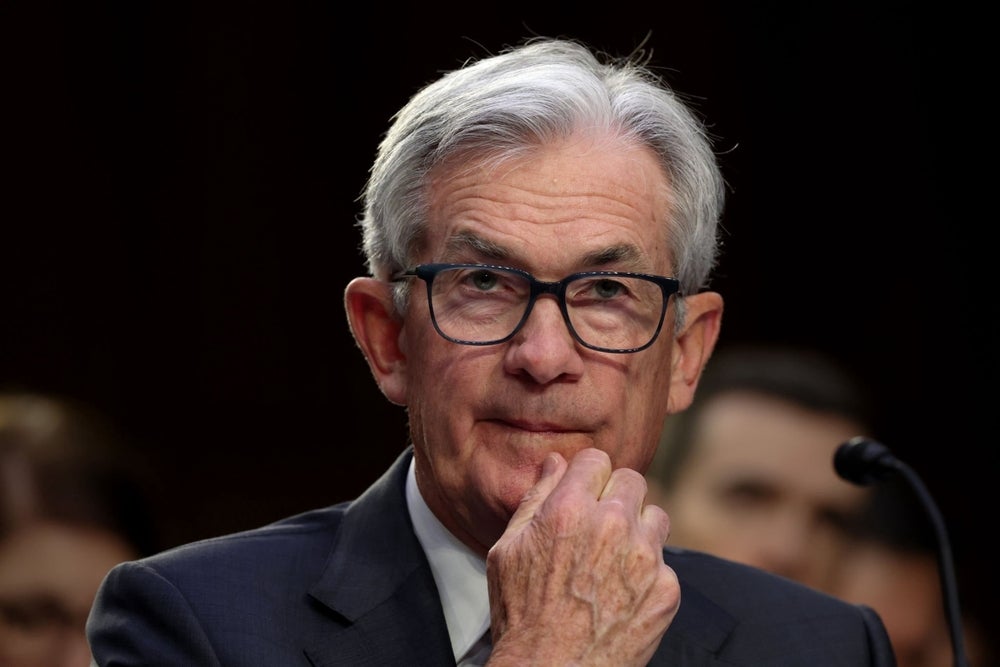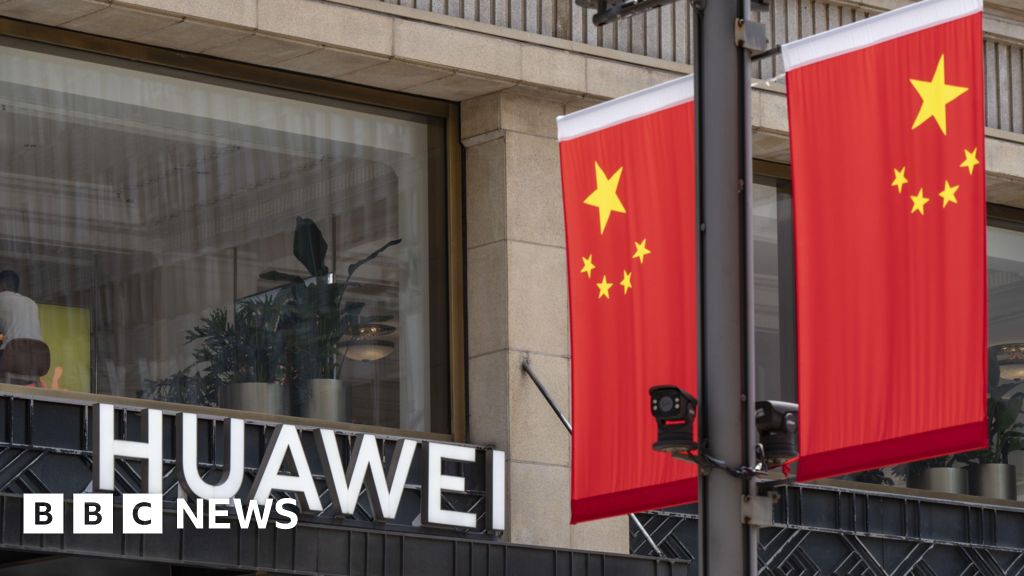Read for 4 minutes (Reuters) – VENICE, Italy (Reuters) – The International Monetary Fund wants G20 countries to settle within the next two days on a clear roadmap for allowing affluent countries to contribute $100 billion in newly created IMF reserves to poorer countries, according to the Fund’s No. 2 official. PHOTO FROM THE FILE: On October 12, 2018, a participant poses near an IMF emblem at the International Monetary Fund – World Bank Annual Meeting 2018 in Nusa Dua, Bali, Indonesia. JOHANNES P. CHRISTOPOULOS/REUTERS Geoffrey Okamoto, the IMF’s First Deputy Managing Director, said his goal was to be able to propose a feasible solution for channeling newly issued Special Drawing Rights to countries in need by the end of August, when the $650 billion allocation is finalized. “Countries expect us to have a ready-to-use choice. We’re doing everything we can to reach an agreement on a solution that we can start implementing as soon as the allocation is finalized “In an interview on the sidelines of a G20 conference of finance ministers and central bank governors today, Okamoto said. The IMF’s SDR plan will allocate reserves to all 190 members in proportion to their ownership, with the G20 countries receiving the lion’s share. Dollars, euros, yen, pounds, and yuan make up SDRs, the IMF’s unit of exchange. Countries must arrange an exchange for the underlying currencies in order to spend them. Finance officials called on the IMF to “immediately offer practical solutions for nations” to channel part of their allocated SDRs to promote pandemic recovery, including through the creation of a new trust fund, in a draft G20 communique seen by Reuters. In its current form, the communiqué does not explicitly accept the IMF’s $100 billion SDR channeling objective, but it does call for “an ambitious target in support of vulnerable countries.” The IMF has proposed establishing a new Resilience and Sustainability Trust, which would include some of the world’s most vulnerable middle-income countries and tiny island states, in addition to the Poverty Reduction and Growth Trust, which would help the world’s poorest countries. The Biden administration, which controls the IMF’s majority shareholding, has expressed its support for the new trust. According to Okamoto, the PRGT is only able to accept $30 billion in SDRs, leaving up to $70 billion for new infrastructure. The legislative limits that some nations, particularly Germany, have on SDRs, which require them to be retained as reserve assets with no credit or liquidity risk, constitute a major obstacle in structuring a new IMF trust fund. According to Okamoto, lending or providing SDRs to other countries could encompass both, necessitating additional fund contributions to act as a capital buffer. “For countries to realize maximum benefit, the aim to recycle SDRs must be matched by the ambition for donors to take credit risk, liquidity risk, or contribute grants,” Okamoto added. He went on to say that he hoped the G20 summit will result in a “meeting of the minds” on these topics. Other countries, such as China, have questioned the SDR channeling efforts. Despite the fact that top Chinese officials would not be present at the Venice meetings, Okamoto expressed hope that they will be influenced by widespread support among G20 members. Okamoto said there will be some prioritization of countries based on need when it comes to which countries can benefit from the new Resilience and Sustainability Trust. “We’re focusing on countries that require the most assistance as they emerge from this catastrophe,” Okamoto added. Many middle-income countries will still benefit from their direct SDR allocation since the additional reserves will lower borrowing costs and help to stabilize financial systems. “The general allocation is powerful in and of itself. At a time when incoming inflation statistics could tighten financial conditions and nations need to roll over debt in markets after extensive borrowing over the past 18 months, middle-income countries will witness an increase in reserves “Okamoto continued. David Lawder contributed reporting; Andrea Shalal contributed additional reporting; and Andrea Ricci edited the piece./n
Read MoreEXCLUSIVE-IMF pushing G20 for clear path to donate reserves to poor countries -Okamoto
2021-07-09T15:02:33-04:00July 9th, 2021|





